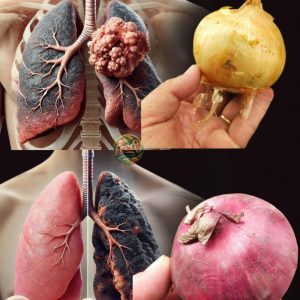Chin Whiskers and Hormonal Changes
The sudden appearance of chin whiskers, especially in women, can be a sign of hormonal shifts. As women age, particularly during and after menopause, estrogen levels decline while testosterone levels may remain constant or even rise slightly. This hormonal imbalance can trigger the growth of coarse, dark hairs on the chin and other areas of the face. While it’s often a natural part of aging, it can also indicate an underlying condition such as polycystic ovary syndrome (PCOS), which disrupts hormone regulation.
Thyroid Function and Facial Hair
An underactive or overactive thyroid gland may also be linked to unexpected hair growth. The thyroid plays a critical role in regulating metabolism and hormone balance. If it’s not functioning properly, one of the signs could be changes in hair patterns, including the appearance of chin whiskers. In such cases, other symptoms like fatigue, weight fluctuations, and mood changes might accompany facial hair growth. A simple blood test can check thyroid function and help determine whether it’s contributing to the issue.
Insulin Resistance and Chin Hair
Chin whiskers might also be a subtle clue pointing to insulin resistance, a condition in which the body’s cells don’t respond well to insulin. This is often seen in individuals with prediabetes or type 2 diabetes. Insulin resistance can lead to higher levels of circulating androgens (male hormones), which in turn may stimulate hair growth on the face. If you’re noticing more chin whiskers along with other signs like skin darkening around the neck or excessive thirst, it may be time to talk to a healthcare provider.
When to Seek Medical Advice
While a few stray chin hairs are usually harmless, a sudden increase or change in hair texture can signal a health concern worth investigating. It’s important not to ignore persistent or rapidly growing facial hair, especially if it’s accompanied by other unusual symptoms. A healthcare provider can run tests to uncover the root cause and suggest appropriate treatment or lifestyle changes. In many cases, managing the underlying health issue can help reduce or even eliminate the unwanted hair growth.


